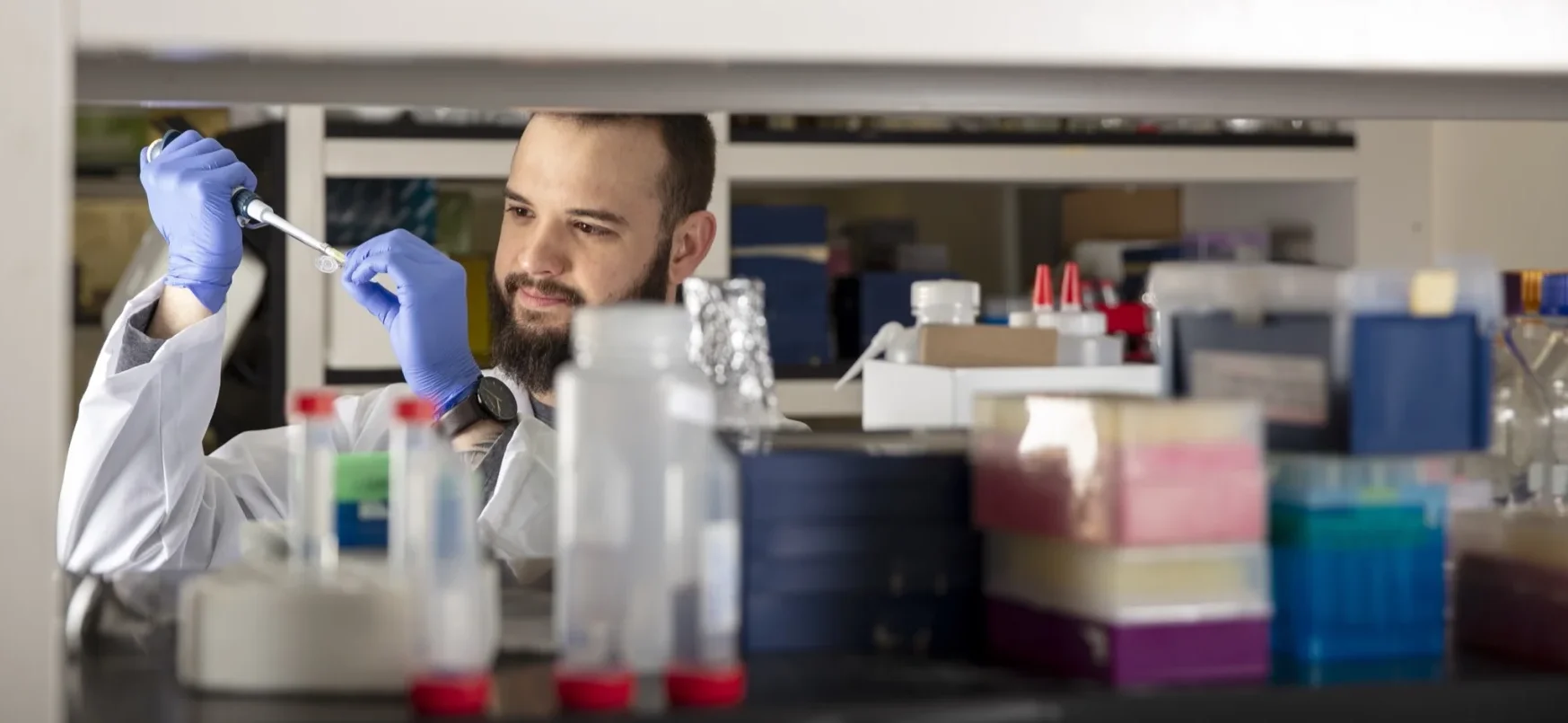
Program Overview & Highlights
- Honours 4-year program
- Thesis Available
- Combined Honours programs available
- BSc
Study the fundamentals of life in this flexible program that lets you blaze your own trail. Specialize in microbiology, cellular development, environmental and evolutionary biology, population and ecosystem ecology, or any combination of these areas. You’ll learn research techniques in our new labs and out in the field that will prepare you for a wide range of career paths, ranging from interests at the molecular level, to whole organism (including humans) and/or the more complex community and ecosystem levels.
Learn More About Our Program
Admission Requirements
High School Student from Canada
Course Requirements: Advanced Functions/MHF4U, Chemistry/SCH4U, Biology/SBI4U. English/ENG4U
Strongly Recommended: Calculus & Vectors/MCV4U
Recommended: Physics/SPH4U
Minimum Average: 70% on all attempted science and math courses
Mean Average: 86%
High School Student from Outside Canada and the United States (International)
Course Requirements: Advanced Functions/MHF4U, Chemistry/SCH4U, Biology/SBI4U. English/ENG4U
Strongly Recommended: Calculus & Vectors/MCV4U
Recommended: Physics/SPH4U
Minimum Average: 70% on all attempted science and math courses
Mean Average: 86%
Language Requirements
To review the most up-to-date information on Language Requirements: See language requirements.
Academic Calendars
Career Tracks
- Professional schools (medicine, pharmacy, dentistry, veterinary medicine)
- conservation officer, ecologist
- entomologist
- agricultural scientist
- animal care specialist
- laboratory supervisor